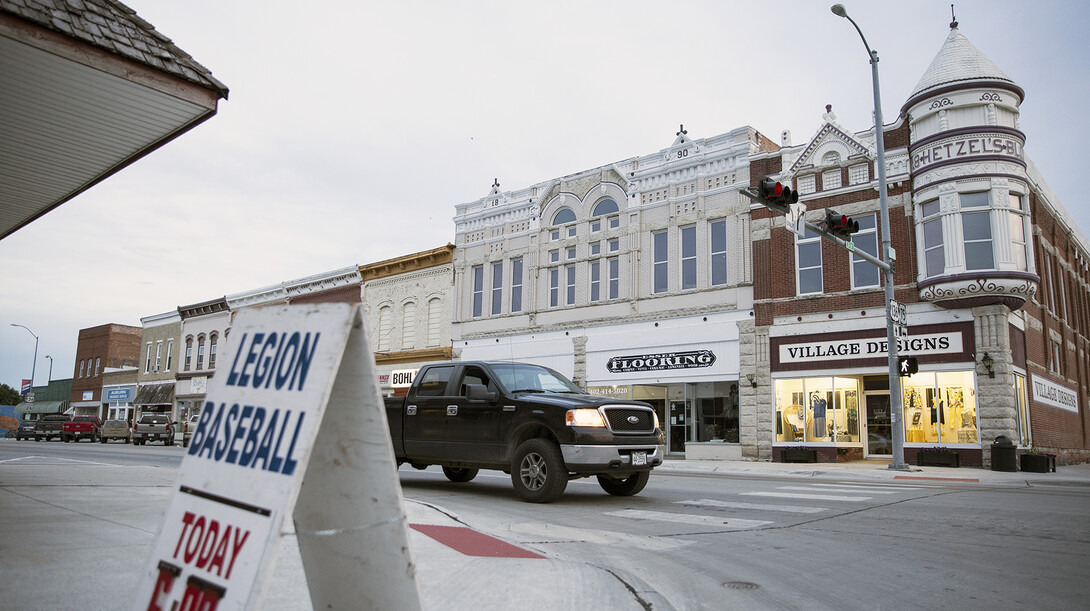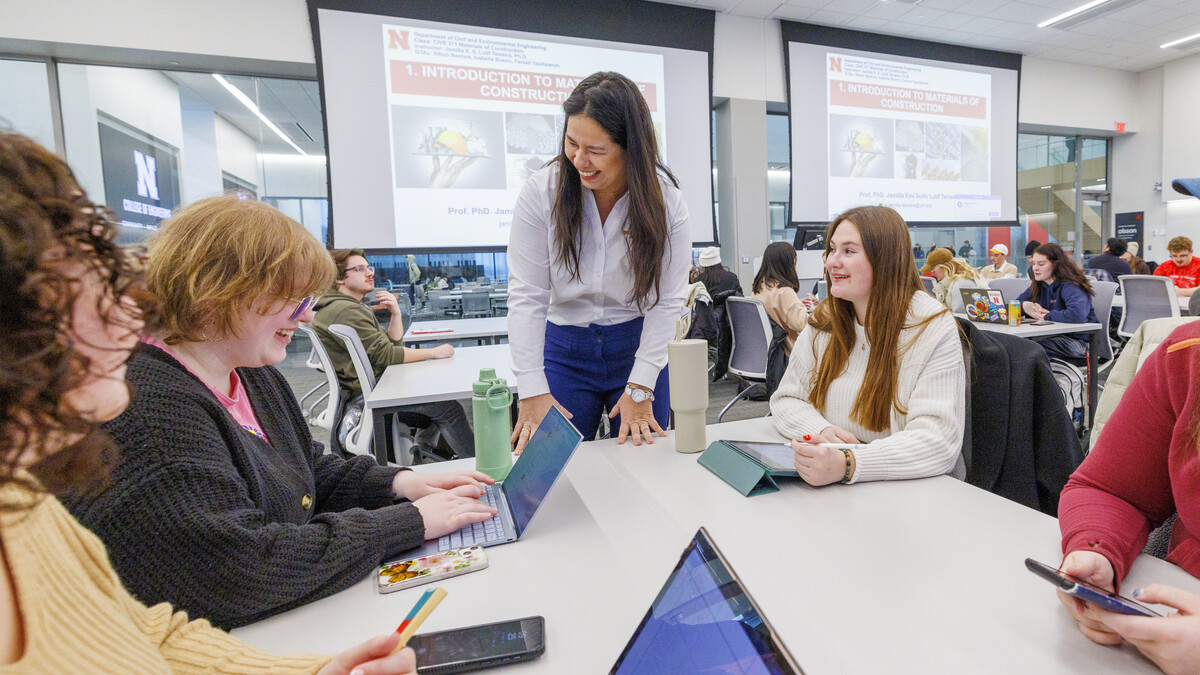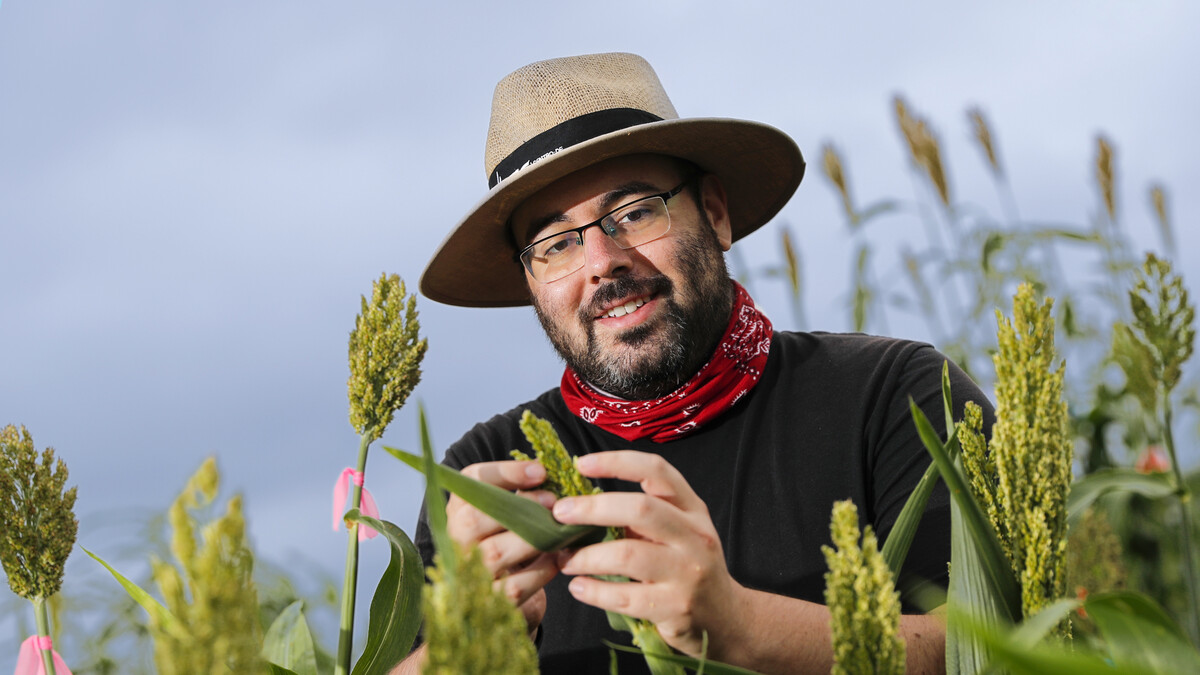
Most rural Nebraskans are highly active in their communities, according to the 2015 Nebraska Rural Poll. However, outside of voting, they practice little political activism and express confidence in their local leadership.
The poll found that during the past year, 68 percent of rural Nebraskans have belonged to or donated money to a local or national group or association and 53 percent have volunteered or participated in voluntary community service. Also, most have participated in other community involvement activities in the past.
“Over the years, we have seen that the more rural our respondents are, the more likely they are to report volunteer or leadership activities,” said Randy Cantrell, rural sociologist with the Nebraska Rural Futures Institute. “It seems that smaller populations simply require a higher rate of public participation in order to get things done.”
The Rural Poll is the largest annual poll of rural Nebraskans’ perceptions on quality of life and policy issues. This year’s response rate was 32 percent. Complete results are available at http://ruralpoll.unl.edu. UNL’s Department of Agricultural Economics conducts the poll with the Nebraska Rural Futures Institute with funding from Nebraska Extension and the Agricultural Research Division in the Institute of Agriculture and Natural Resources.
Most rural Nebraskans have spoken with their pocketbooks on political and social issues. However, they have not been highly involved in other political activities. Sixty-two percent have avoided buying something from a certain company because they disagree with its social or political values. And 55 percent have bought something because they like the company’s social or political values. Many have also signed written petitions about a political or social issue (49 percent) and contacted a local public official to express their opinion (44 percent).
But fewer have given money to a candidate, political party or organization (23 percent); volunteered for a political organization or candidate (17 percent); taken part in a protest, march or demonstration (11 percent); or worked as a canvasser – going door to door for a political or social group or candidate (10 percent).
Although 83 percent of rural Nebraskans report being registered to vote and 55 percent always vote in both national and local elections, fewer do any active election campaigning, according to the poll.
Young adults trail their elders in electoral and political participation, but are more likely to participate in volunteer activities, the poll found. Older residents were more likely than their younger counterparts to be registered to vote, to vote in both national and local elections, to convince others who to vote for, to display campaign materials, to volunteer for a political organization or candidate, give money to a candidate or political party or organization, contact a public official to express their opinion, contact a newspaper or magazine to express their opinion, and work as a canvasser.
Those with higher incomes and with more education were more likely to get involved in civic and political activities, the poll found.
The poll also showed that most rural Nebraskans were positive about their local leadership – 55 percent agreed or strongly agreed their leaders are effective. Though opinions were mixed on whether or not they have a leadership crisis in their community, more disagreed with that statement than agreed.
Most respondents agreed that strong and effective community leadership was important. Three-quarters said such leadership would prevent their community’s decline and 69 percent agree that effective leadership can solve the problems their town or city faces. Those living in or near larger towns were more likely to agree with these statements.
Younger rural Nebraskans could be anticipating a lack of effective leaders in the future.
Forty-six percent of those 19 to 29 disagreed that youth are being prepared to be effective local leaders, compared to 22 percent of those 65 and older, the poll found.
“The preparation of youth to become leaders has not drastically changed in the last 10 to 15 years,” said L.J. McElravy, UNL assistant professor of agricultural leadership, education and communication. “These results may be a reflection of how prepared the youngest adults in rural Nebraska feel when it comes to their current and future leadership challenges.”







